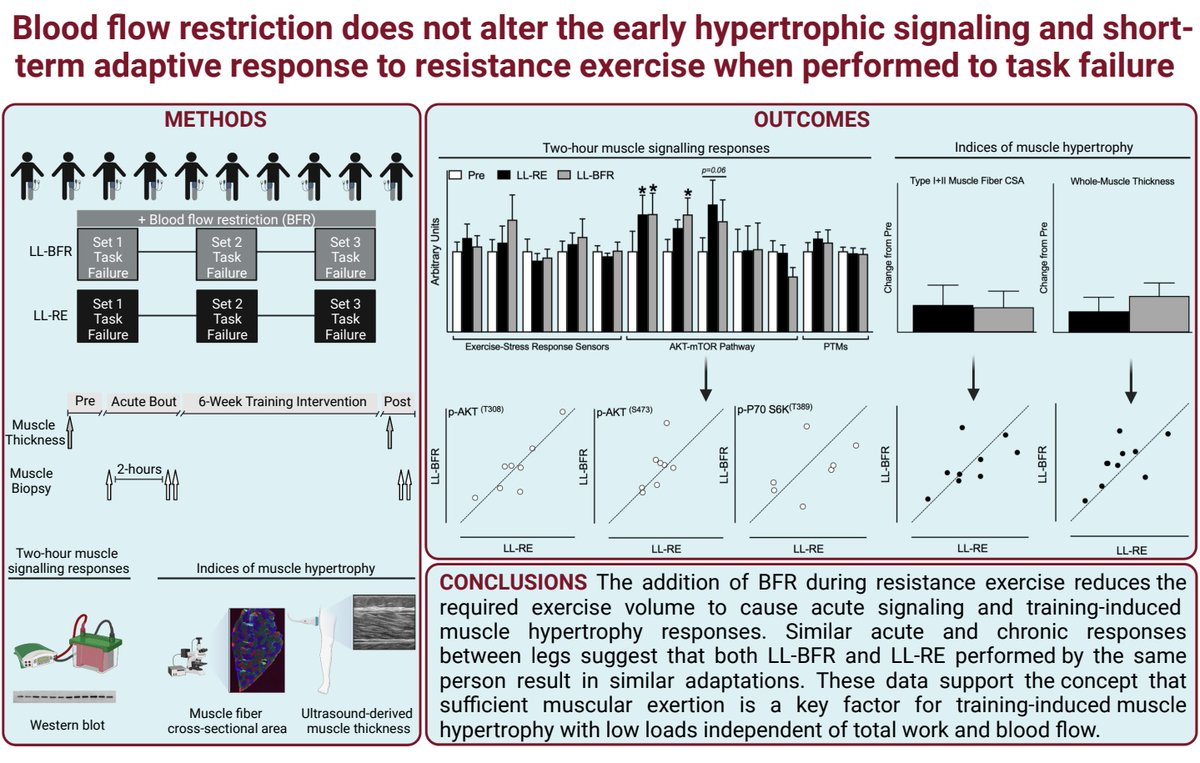This one suggests that low circulating adiponectin is a key damaging element for β-cells.
- Diluted plasma from human donors with obesity acutely impaired β-cell integrity and insulin secretion relative to plasma from lean subjects.
- Similar results were observed with diluted sera from obese rats fed ad libitum, when compared to sera from lean, calorically restricted, animals.
- The damaging effects of these circulating factors on β-cells appeared to occur in the absence of nutrient overload, and to mechanistically involve mitochondrial dysfunction, limiting glucose-supported oxidative phosphorylation and ATP production.
- Increased levels of adiponectin, as found in lean plasma, were found to be a strong stimulatory factor for metabolic fluxes in β-cells:
The presence of adiponectin alone, in the absence of any other serological factor, appeard to sustain ATP-linked respiration and associated glucose-stimulated insulin release in primary and cultured β-cells.
Addition of adiponectin to plasma-supplemented media also rescued β-cell function compromised by incubation with samples from donors with obesity.
"...supplementation of this hormone reverses the damaging effects of obese human plasma on β-cells, suggesting that its low levels, rather than the presence of damaging signaling molecules, are determinant for β-cell damage."
- Interestingly, a recent study found gluteofemoral fat to have a positive association with adiponectin independent of visceral and subcutaneous fat mass in humans:
https://twitter.com/nick_krontiris/status/1576512815610880000
Adiponectin reverses β-Cell damage and impaired insulin secretion induced by obesity (open access)
doi.org/10.1111/acel.1…
#MetabolicSyndrome #Obesity #Cholesterol #Triglycerides #InsulinResistance #Hyperternsion #Diabetes
doi.org/10.1111/acel.1…
#MetabolicSyndrome #Obesity #Cholesterol #Triglycerides #InsulinResistance #Hyperternsion #Diabetes
• • •
Missing some Tweet in this thread? You can try to
force a refresh

 Read on Twitter
Read on Twitter








